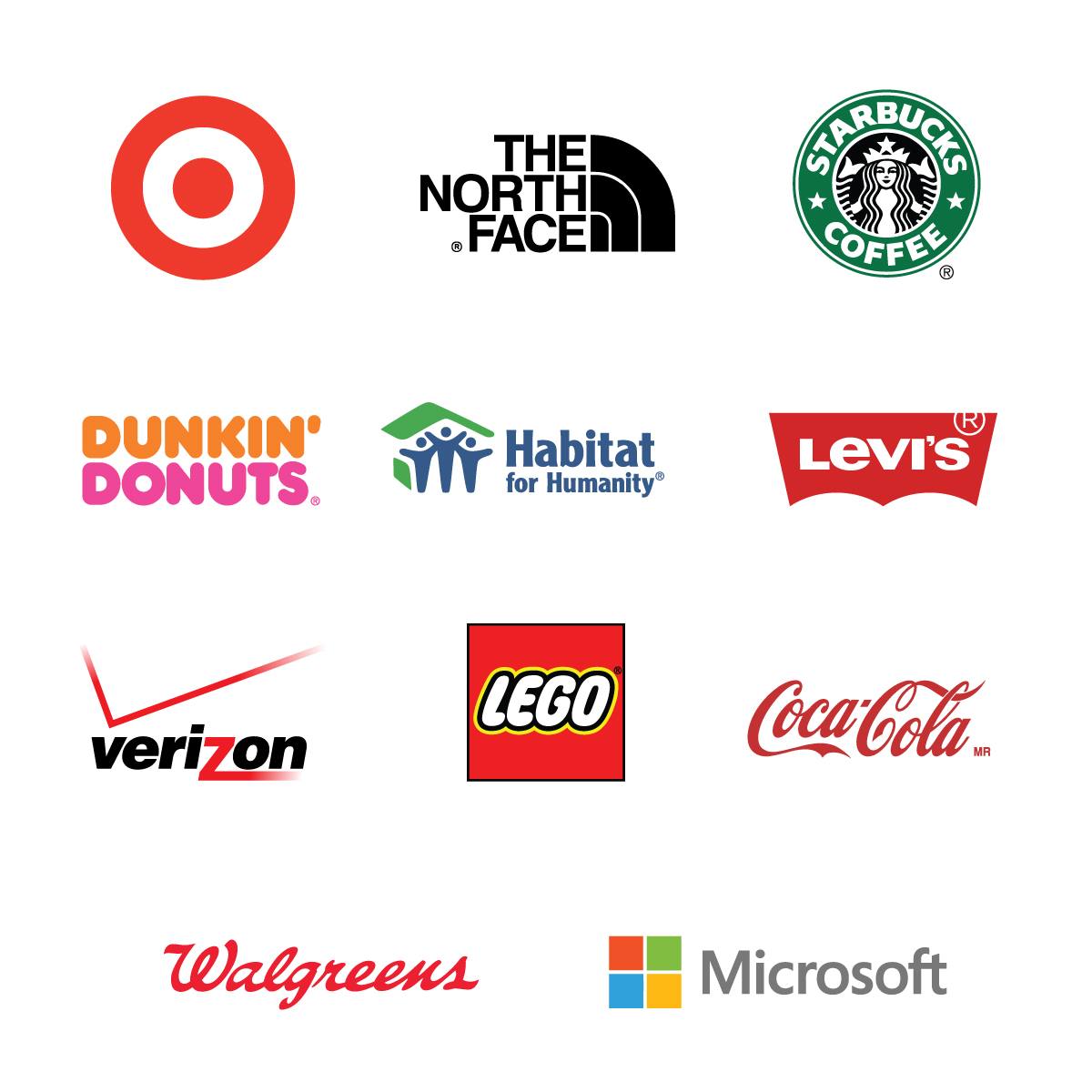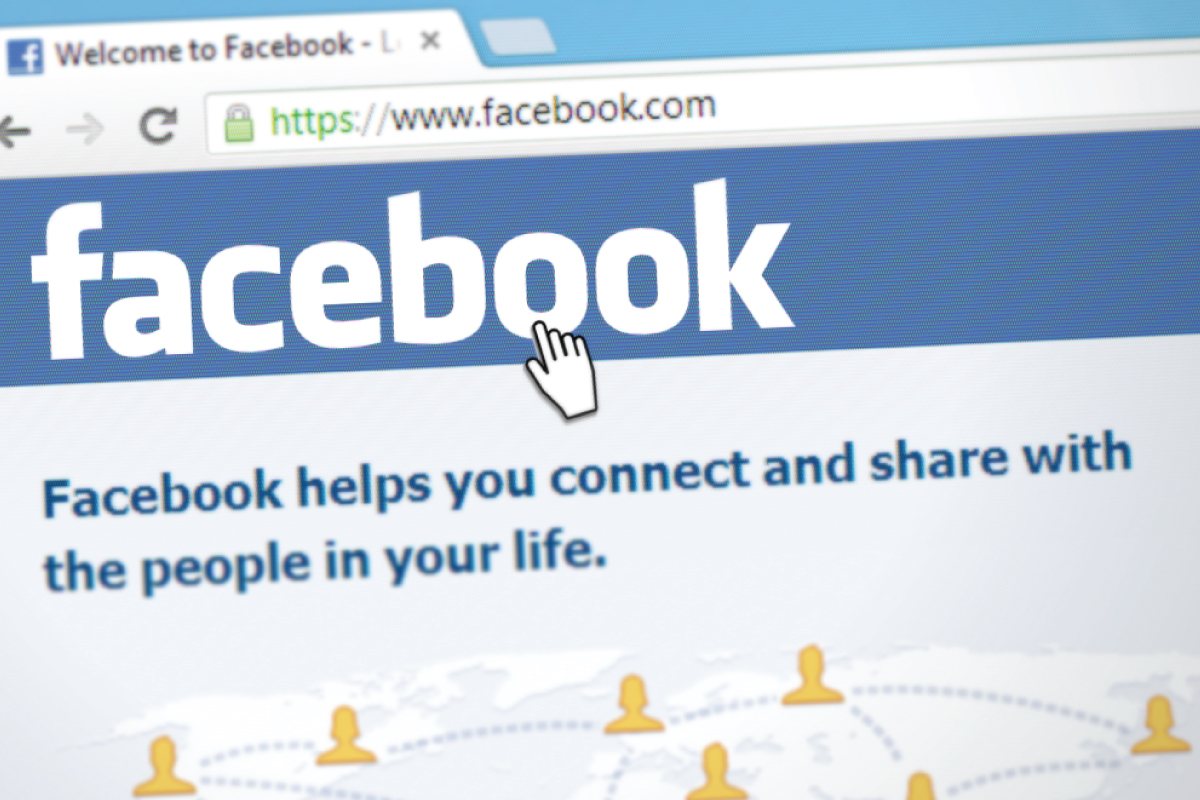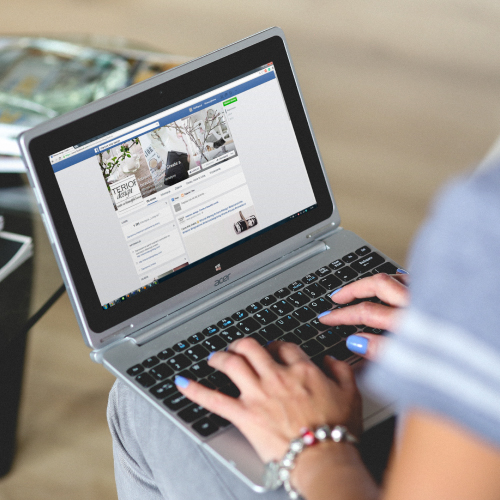The Facebook Ad Boycott
Before we get started, we want to set an expectation for this piece. This blog isn’t an opinion column, and if it were, we’d tell you. This is an objective look at the Facebook Ad Boycott— a hard news article. We talk about some heavy issues here, but it’s done in a journalistic manner. But with that in mind, we assure you we haven’t turned a blind eye to what’s going on right now in the United States.
It just so happens that the headlines have crossed into our realm. And yes, these are uncomfortable topics, but discomfort like this means growth. It’s a time of learning and transformation. As you read this, keep that in mind. Our intention with this blog is to educate and help you grow. The best way we can contribute to your knowledge and the overarching discussion is to share resources. So here we are, sharing Facebook news in our little corner of the internet
As of July 1, many of Facebook’s largest advertisers have paused their campaigns in solidarity with Stop Hate For Profit. This advocacy group was launched by the Anti-Defamation League (ADL) in partnership with the NAACP, Common Sense Media, and other civil rights organizations. The movement aims to “send Facebook a powerful message: Your profits will never be worth promoting hate, bigotry, racism, antisemitism, and violence.”
Collectively, these organizations express unease with how Facebook handles misinformation, threats of violence, and hate speech, including its approach to contentious posts from President Trump. The Facebook ad boycott follows the platform’s decision to leave several of the president’s controversial posts.
In the posts, Trump said, “when the looting starts, the shooting starts,” in reference to the Black Lives Matter protests against racial injustice and police brutality. He also threatened to use “serious force” if anyone tried to set up an autonomous zone for protestors in Washington, D.C.
In contrast, Twitter removed the same content because it violated its policies against “glorifying violence” by including a threat of harm against an identifiable group. However, CEO Mark Zuckerberg explained that Facebook would not take action and denied the posts incited violence, which would have violated the platform’s policies.
Companies Who Have Joined the Facebook Ad Boycott
Over 300 companies have signed on to the #StopHateforProfit campaign. Here are a few of the movement’s big players.
- Adidas
- Ben & Jerry’s
- Boeing
- Coca-Cola
- CVS
- Dunkin
- Ford
- Habitat for Humanity
- Hershey
- Honda
- KIND
- Lego
- Levi Strauss & Co.
- Microsoft
- Mozilla
- The North Face
- Patagonia
- Patreon
- Starbucks
- Target
- Unilever
- Verizon
- Volkswagen
- Walgreens

According to a story from the Wall Street Journal, Facebook studied the algorithm but then gutted the efforts to fix it. Why? There’s little incentive for Facebook to make changes. These algorithms are designed to keep users online. The longer people are online, the more likely they are to interact with ads. In other words, the more time spent on Facebook, the higher their revenue.
Although Facebook claims it is now effectively addressing hate on its platforms, ADL’s analysts found examples of online harassment, misinformation, and extremism across the company’s products. “Advertisements are running alongside divisive, hateful, and conspiratorial content.” It should also be pointed out that Facebook has repeatedly refused to remove political ads that contain lies, and the platform is slow to take down sponsored conspiratorial content.
While the Facebook ad boycott has created a wave of bad press for the company, it’s unlikely to impact their bottom line. In 2019, Facebook made nearly $70 billion in ad revenue, and the majority of that income came from small and medium-sized businesses.
Although hundreds of businesses have paused their ads, Facebook still has over 7 million other active advertisers around the world. According to financial analyst Colin Sebastian, the movement “would have to get hundreds, if not thousands of advertisers to join in order for there to be any real impact.” There are also 83 million business pages who haven’t yet advertised on the platform, so the potential for ad revenue is limitless.
In terms of the company’s revenue stream, the boycott is a small drop in the bucket. However, Facebook’s stock price took a tumble in late June as advertisers announced their involvement with Stop Hate For Profit. This drop sparked Facebook to roll out new measures that address some of the boycotters’ concerns, but not all.
Zuckerberg announced a series of policy changes to flag problematic political posts and expand its policies around hate speech.
Specifically, the new policies will “prohibit claims that people from a specific race, ethnicity, national origin, religious affiliation, caste, sexual orientation, gender identity or immigration status are a threat to the physical safety, health or survival of others.”
The restrictions are a part of a suite of changes Facebook is making in preparation for the 2020 U.S. elections. Still, these restrictions don’t apply to unpaid posts.
Looking Forward
We have to ask ourselves, is it a matter of brands using their platform or a convenient way to cut ad spending? Whether or not these companies have altruistic intentions is up for debate. And Facebook’s response is still up in the air too. In the coming months, we’ll revisit this topic to explore how Facebook handles Stop Hate For Profit’s requests. Only time will tell.
Stay current with the Facebook ad boycott.



